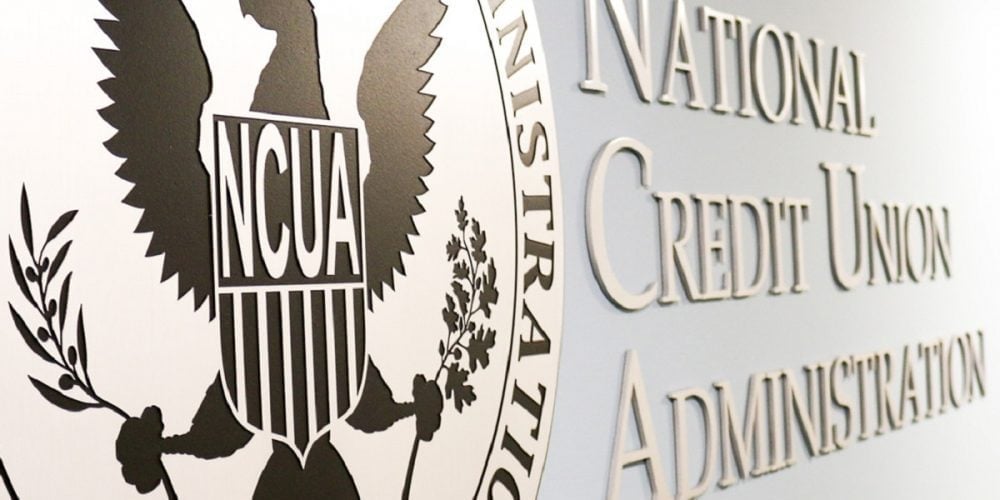This summer, my company will celebrate 18 years in business! During that time, we’ve worked with 87 credit unions in 10 states, and I’ve seen, heard, and overheard countless stories about managers and their behavior. As I reflected on a few of my memorable conversations over the years, I noted some common traits that employees notice. Even when you think they don’t.
Your punctuality.
This is a biggie because it clearly demonstrates your level of respect for your team. Punctuality is key. People occasionally have circumstances out of their control that cause tardiness. But in general, your staff recognizes if you’re respectful of their time. If a meeting starts at 9:00, they notice if you’re there, prepared, and ready to go at 8:58. They also notice if you’re in the break room, refilling your coffee, and wandering down the hall to the conference room at 9:07. A while back, we worked with a credit union, and their entire culture was void of any type of punctuality. It started at the top. We’d have regular conference calls scheduled with the CEO and VP of Operations, and they would always be late. Always. Those calls never started on time. We had meetings onsite at the credit union, and they usually started late. Tardiness was part of their culture and it was acceptable. Because it started at the top. Punctuality is evident in every workplace. Your employees notice it. Or the lack of it. Even when you think they don’t.
Your professionalism.
This covers a lot of ground from how you dress, to how you interact with your staff, how you write an email, how you address a group of people to what you post on social media (that employees might see), and I could go on. I don’t mean the difference between professional and casual. I mean the difference between professional and unprofessional. Telling an inappropriate joke. Mocking a member’s appearance. Making an insulting comment to an employee but thinking it’s funny. Gossiping. Bad mouthing that member that requires a lot of time and attention. These are all things that your employees notice. Even when you think they don’t.
How you hold people accountable. Or don’t.
Of all the stories I’ve heard over the years from credit unions, the lack of accountability will erode a strong culture faster than you can say, “What happened?” We have all seen it. That one employee that gets away with everything. And does nothing. And nothing ever happens. They’re late. They make an inappropriate or disrespectful comment in a meeting. They miss deadlines. Their work is incomplete or inaccurate. But nothing happens. No disciplinary action. No “talking to.” No reprimands. Nothing happens because their supervisor doesn’t hold people accountable, and it’s easier to sweep it under the rug and pretend it didn’t happen. I saw this first-hand at a credit union. They had a Marketing Coordinator that spent more time as the office “Chatty Cathy” visiting and meandering around just talking to co-workers. Some of them complained to the CEO, who never addressed it. This Marketing Coordinator missed deadlines, printed collateral materials with inaccurate information or typos, and posted wrong information on their social media platforms. Managers addressed it with the CEO, who never addressed it with the Marketing Coordinator. It diminished the respect the other managers had for the CEO as well as weakened their working relationships with the Marketing Coordinator. The result? The CEO then started assigning marketing tasks to other employees. Oddly, the high performers are often rewarded with more work, more projects and more assignments, because they’ll get it done. While those who don’t perform (and aren’t held accountable) are rewarded with fewer tasks and lighter workloads. Lack of accountability is one of the biggest culture killers out there, and your employees notice it. Even when you think they don’t.
When you arrive and when you leave.
Your staff sees this. Vividly. Clearly. Practically every day. This doesn’t mean you have to be the first one at the branch and the last one to leave. It doesn’t mean that you won’t have work commitments that keep you out of the office. But when your credit union opens at 9 and you regularly arrive after 10, your employees see it. And every Friday when the branch is open until 6 and you leave by 5, your staff notices. I worked with a credit union and the CEO was always the first one in the building. That set a tone for the rest of the staff. Even if he left early, everyone knew that he was the first one in the office. Daily. And he made the coffee. Your employees notice what time you start your day and what time your day ends. Even when you think they don’t.
This article highlights actual conversations I’ve had over the years with various credit union professionals. Each of these traits has been a source of contention among staff members about their CEO or their managers. As I reflect over the conversations, I can’t help but wonder how much stronger the teamwork and overall credit union performance would be if leaders simply took a step back and did a little self-reflection on their management style and behavior. Including me! Punctuality, professionalism, accountability, and arrivals and departures can all be fine-tuned just a bit. From everyone. At every level. And once you start improving some of these behaviors, your employees will notice. Even when you think they don’t.
For more information about Jayni or how her company might help your credit union, visit their website at www.marketingsolutionsunltd.com or email her directly at Jayni@marketingsolutionsunltd.com.







